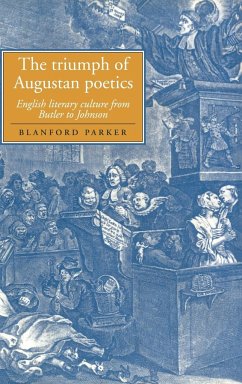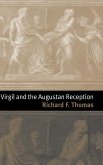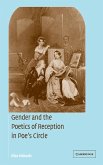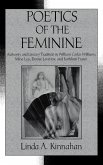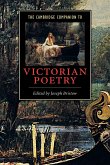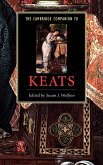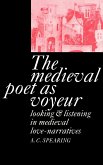The Triumph of Augustan Poetics offers an important and original re-evaluation of the transition from Baroque to Augustan in English literature. Starting with Butler's Hudibras, Blanford Parker describes Augustan satire as a movement away from the 'controversial disputation' of the seventeenth century to a general satire which ridicules Protestant, Anglican and Catholic in equal measure, as well as the poetic traditions that supported them. Once the dominant forms of late medieval and Baroque thought - analogical and fideist, a fully symbolic world and an empty wilderness - were erased, a novel space for the imagination was created. Here a 'literalism' new to European thought can be seen to have replaced the general satire, and at this moment Pope and Thomson create a new art of natural and quotidian description, in parallel with the rise of the novel. Parker's account concludes with the ambiguous or hostile reaction to this new mode seen in the works of Samuel Johnson and others.
Table of contents:
Acknowledgements; Introduction; 1. Samuel Butler and the end of analogy; 2. Transitional Augustan poetry; 3. Pope and mature Augustanism; 4. Thomson and the invention of the literal; 5. The four poles of the Christian imagination in relation to Augustanism; 6. The fideist reaction; 7. Johnson and fideism.
This book offers an important re-evaluation of the transition from Baroque to Augustan in English literature. Analysing works by Butler, Pope, Thomson, Johnson, and many others, Blanford Parker's account explains the origins of Augustan satire, its momentous departure from earlier models, and the subsequent creation of a new poetry of nature and everyday life.
An important re-evaluation of the transition from Baroque to Augustan in English literature.
Table of contents:
Acknowledgements; Introduction; 1. Samuel Butler and the end of analogy; 2. Transitional Augustan poetry; 3. Pope and mature Augustanism; 4. Thomson and the invention of the literal; 5. The four poles of the Christian imagination in relation to Augustanism; 6. The fideist reaction; 7. Johnson and fideism.
This book offers an important re-evaluation of the transition from Baroque to Augustan in English literature. Analysing works by Butler, Pope, Thomson, Johnson, and many others, Blanford Parker's account explains the origins of Augustan satire, its momentous departure from earlier models, and the subsequent creation of a new poetry of nature and everyday life.
An important re-evaluation of the transition from Baroque to Augustan in English literature.

